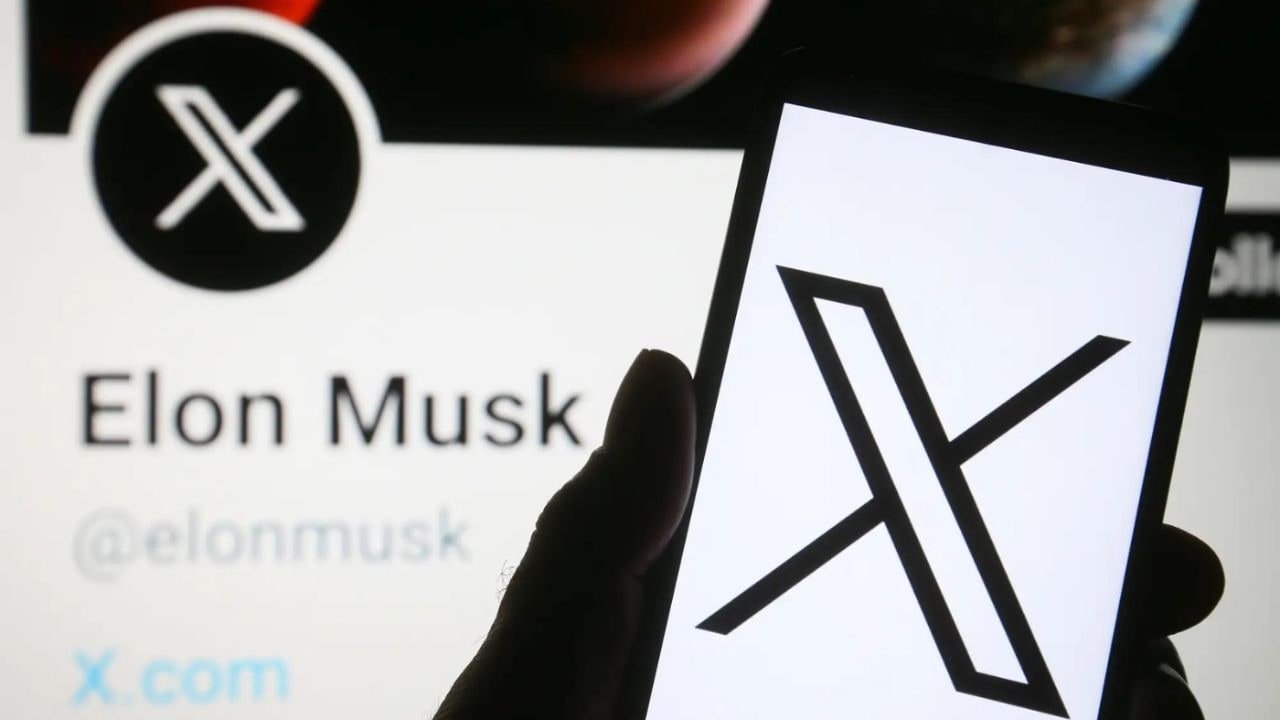Court slams Wikipedia for violating its neutrality policy and hosting biased, defamatory statements on the page of news agency Asian News International.
Author: Sakina Kheriwala
PUMA appoints ex-Adidas sales head as CEO, announces leadership changes
Arthur Hoeld, a seasoned sports industry leader with over 26 years of experience, previously served as an Executive Board member at Adidas, where he was instrumental in transforming the “Originals” division.
Mast & Meh: Colgate, Cotton King, Leibherr – which one would you watch on loop?
Find out who made the cut and who got cut in Storyboard18’s weekly picks of the best and most boring ads.
Global Ads Spotlight: KFC’s heist ad that took home the Grand Prix at Loeries 2023!
A quality assurance inspector? More like a KFC-obsessed conman with a flair for drama and the most hilarious disguise ever. Read and watch in our Global Ads Spotlight column.
Karnataka HC refuses X Corp’s interim relief in challenge to Govt’s Sahyog portal blocking system
X Corp argues that the Sahyog portal bypasses necessary legal safeguards for content-blocking orders as set by the IT Act, calling for a review by the Karnataka High Court.
NCLT rejects insolvency plea against Zomato, providing relief amid legal dispute
The petition filed by Nona Lifestyle claimed that Zomato had failed to pay ₹1.64 crore for rider uniforms and merchandise, including jerseys supplied for the ICC World Cup 2023.
Meta’s head of AI research head steps down, creating key vacancy amid AI expansion
Meta Platforms Inc. faces a pivotal leadership change as Joelle Pineau, the vice president of its Fundamental AI Research group, announces her departure from the company.
ChatGPT data stored outside India, copyright act does not apply in ANI case: OpenAI to Delhi HC
OpenAI tells Delhi High Court that its Large Language Model (LLM) training occurs outside India, arguing it is not liable for copyright infringement under Indian law.
Global Ads Spotlight: How Verizon and Beyonce’s Super Bowl ad broke the internet and the network
From “Beyoncé of the United States” to saxophone albums and space performances, Verizon’s star-studded campaign made history—and numbers. Read and watch in our Global Ads Spotlight column.
From Fevicol to fine taste: Bharat Puri’s legacy of building iconic brands
As Bharat Puri moves into a non-executive role at Pidilite Industries, Storyboard18 revisits the journey of the brand visionary who shaped household names and led through crises, always with creativity, consumer insights, and courage at the core.









